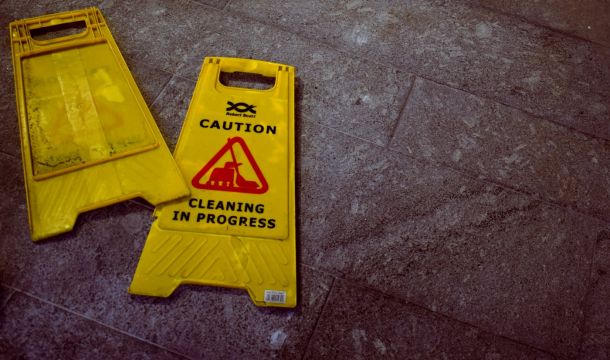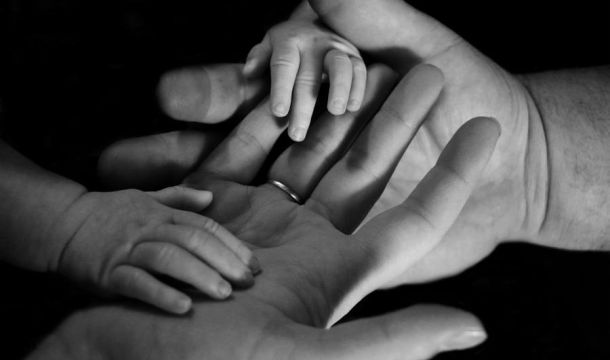Supreme Court LGBT Ruling Creates Opportunities, But Also Challenges
In a 6-3 ruling on June 16, 2020, the U.S. Supreme Court ruled that the federal civil rights laws protect workers on the basis of their sexual orientation or gender identity. Bostock v. Clayton County. The much-publicized issue and ruling comes as a surprise to many and serves as a prime example that changes in social mores among the population can affect statutory interpretation.
The opinion was written by Trump-appointed Justice Gorsuch, and joined in by Chief Justice John Roberts, who joined the four more liberal members of the Court. The issue was whether the term "sex" in Title VII of the Civil Rights Act meant more than the biological issue of being a man or woman. The majority of the Court recognized that when the Civil Rights Act was passed in 1964, no one equated gender identity and sexual orientation to biological sex. Indeed, it may come as a surprise to many that the addition of the term "sex" to the Civil Rights law was opposed by most women's groups and virtually all civil rights groups at the time, as it was added by a Southern congressman from Virginia in an effort to promote opposition to the Civil Rights Bill as being too radical. Nevertheless, the "radical" measure adding sex to the Civil Rights laws eventually passed and became the law of the land.
It was not until 2015 that the Equal Employment Opportunity Commission (EEOC) first interpreted Title VII to prohibit discrimination based on gender identity or transgender status. No federal appeals court had ever so ruled prior to 2017. In over four decades, there were numerous occasions in which Congress considered, but rejected, amendments to the 1964 law to add sexual orientation to the list of protected classes.
Perhaps the most common way to interpret a statute is to rely on the express meaning of the text, the intent of the legislators passing the statute, and any subsequent legislative history to amend the law. The irony is that Justice Gorsuch found the Court was required to rely on the express reading of the text, generally a conservative doctrine, in what many consider to be a liberal ruling. Gorsuch framed the issue: "Today, we must decide whether an employer can fire someone simply for being homosexual or transgender." He then held: "The answer is clear. An employer who fires an individual for being homosexual or transgender fires that person for traits or actions he would not have questioned in members of a different sex. Sex plays a necessary and undistinguishable role in the decision, exactly what Title VII forbids."
Justice Alito wrote a dissent, joined by Justice Thomas, stating: "There is only one word for what the Court has done today: Legislation." He insisted that textualism doesn't mean reading a statute so literally that the purpose of the authors is ignored. Justice Kavanaugh also dissented, but was quite restrained and stated that the Court should give force to the "ordinary" meaning of the laws Congress passes, not a "literal" one.
The ruling is expected to have a major impact in many ways. There are estimates of over 11 million LGBT persons in the U.S., including over 8 million LGBT in the workforce. Only 21 states previously protected them from workplace discrimination. With the Bostock decision, it is now unlawful for employers employing 15 or more people to discriminate against somebody because they identify as a lesbian, gay, bi-sexual or transgender person anywhere within the United States.
In addition, there are literally hundreds of federal and state statutes use the term "sex" in their prohibitions. Dissenting Justice Alito discussed the myriad of cases that could lead to unintended consequences. He discussed cases where female athletes may be adversely affected by competing with biological males. He mentioned the use of bathrooms by transgender persons that may affect the privacy interests with persons of a different biological sex using the same bathroom, locker, and possibly even shower facilities. The Court did recognize, but did not answer, whether a company whose owner objects to this decision on religious grounds might not have to comply with this ruling. This decision will also raise critical issues pertaining to the military and the prison systems and dress codes. There will be issues for colleges and universities if a student does not want to have a person of the opposite biological sex as a roommate. Single sex educational institutions will also have to consider whether they must accept a transgender student who identifies with the sex the school serves. Health insurance companies may also have to litigate whether they will or must provide coverage for sex reassignment surgeries. Employers and teachers who have been otherwise reluctant to do so may have to consider whether they are legally required to alter the pronouns by which they address transgender employees and students.
Also, beneath the surface will be the totally yet-to-be litigated issue of what "sexual identity" means. We have already seen this issue concerning racial identities, and some would argue that the law is almost to the point that persons can be any race or sex they claim to be.
The above "list of horribles" is not meant to criticize the ruling, a ruling probably accepted by many Americans under today's social mores. The decision actually may not affect employers as much as others, as for many years now, the vast majority of employers have already recognized these developments and adapted to the environment out of respect for its employees or those it serves or in some cases, to avoid potential litigation.
Questions? Need more information? Call 404.365.0900 for Larry Stine jls@wimlaw.com, Jim Wimberly jww@wimlaw.com, Kathleen Jennings kjj@wimlaw.com or Jim Hughes jlh@wimlaw.com
Related Content
Get Email Updates
Recent Content

NLRB to Seek Rescission of past Discipline Imposed under Overbroad Employer Work Rules

Do Drive Cam Cameras inside Trucks Violate Employee Rights?

Amazon Considers Risk When Investigating Employee Misconduct

Latest NLRB Attack Goes beyond Non-Compete Agreements to Reach Outside Employment

NLRB Board Addresses BLM Insignia at Work




